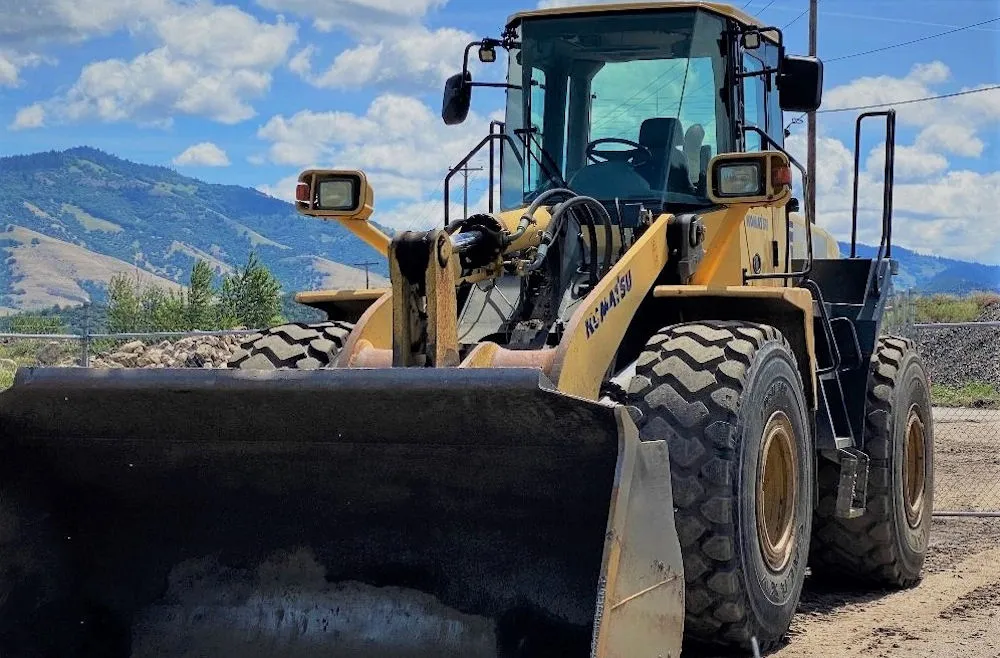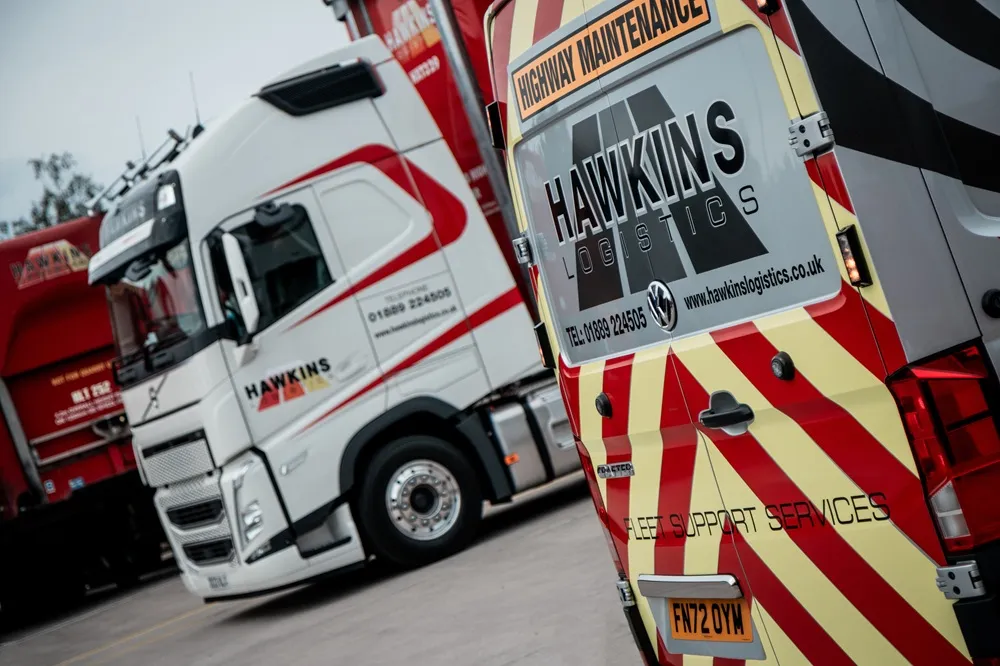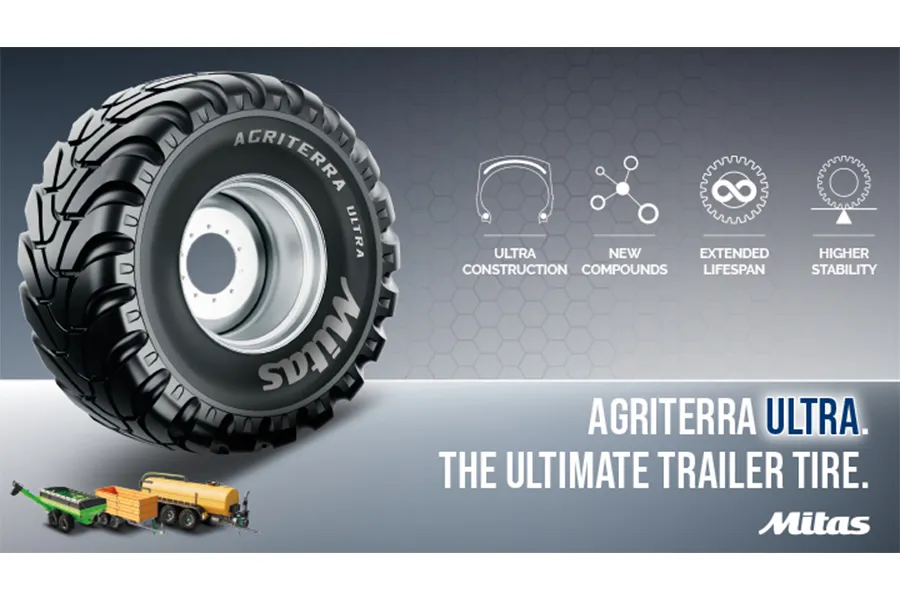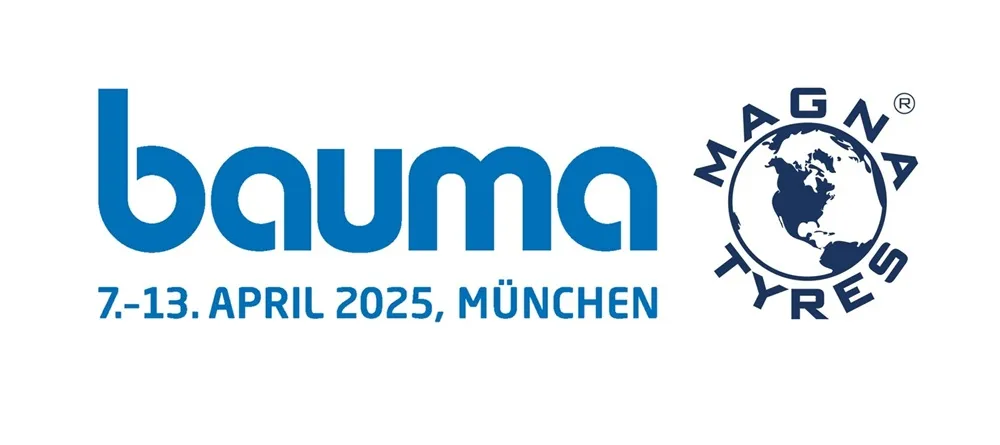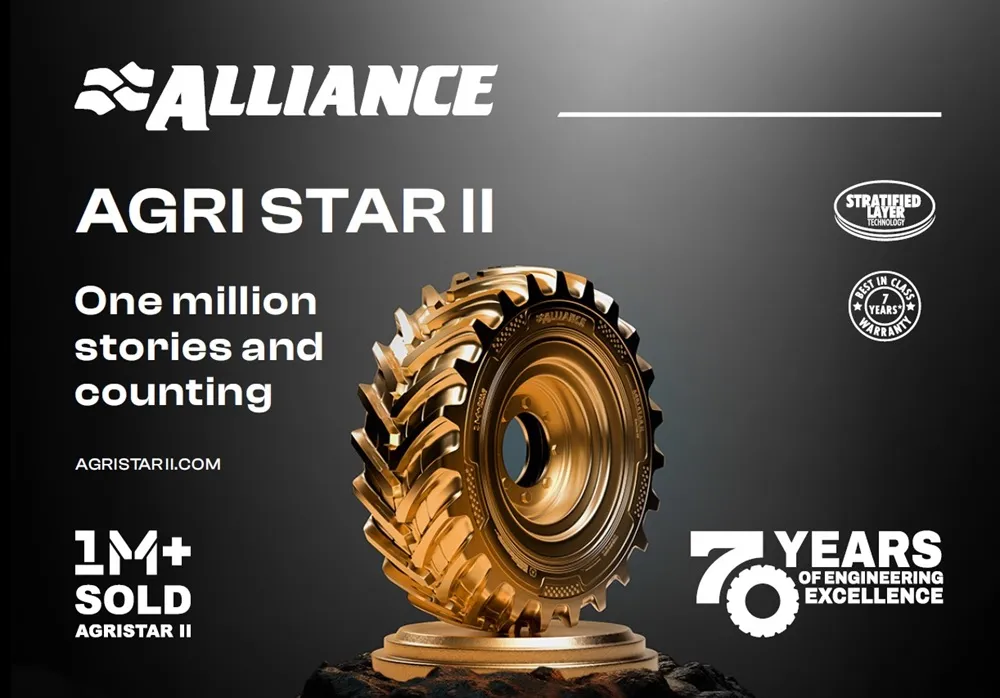Construction tyres have specific requirements and have long been a stronghold of the bias tyre manufacturers. However, times are changing, and Commercial Tyre Business asked Yokohama Off-Highway Tires (YOHT) about the transition from bias to radial in this sector
Yokohama Off-Highway Tires Overview of the Construction Sector Offer
Gerrit Vinkers – Quality Control and Application Specialist at Yokohama Off-Highway Tires explained; “There is certainly a transition underway, but we continue to observe a demand for bias tyres in specific segments such as forklifts and ports. However, the overall trend is moving towards radials, with a gradual decline in diagonal tyre demand.”
So, the move away from bias is gradual but it is happening, certainly from YOHT’s perspective.
One area of concern for the operators of construction vehicles is the risk of damage to the sidewall. A loader or grader out of commission with a damaged tyre can be costly in terms of time lost and, ultimately, could delay a complete work schedule.
Vinkers responded that they maintain close relationships with machine operators and site managers, recognising the importance of delivering durable tyres with extended lifespans. “Our design process incorporates materials and structures suitable for rugged conditions. Particularly in sidewall design, we prioritise durability and reduce vulnerability to damage by using special compounds. We also offer rim guards with our products depending on the application.”
As with many sectors, vehicle dimensions and weights are increasing over time. We can see this in every industry, which must also be true in the construction market. Vinkers explained; “Increased machine capacity and performance requirements place greater demands on tyres. We consider these factors when designing new tyres, aiming to provide top-tier solutions to our OEM partners. This approach also contributes to the advancement of our replacement markets. We continually enhance our portfolio, increasing load-carrying capacities, speed capabilities, and internal construction.”
Another change that the tyre industry is seeing is an increase in the use of digital technology, particularly in fleet tyre management, and this encompasses TPMS, digital connectivity and the use of AI for tyre condition monitoring. What steps are YOHT taking to keep pace with the digital market., particularly in the construction sector?
Vinkers responds again; “Understanding the practical application is crucial. Our TPMS system serves as a tool for data collection, allowing Yokohama Off-Highway Tires to assess usage conditions and determine the best solution for specific needs. Our tyres are compatible with TPMS systems from third-party providers.” So, YOHT has, to date, focused on the TPMS element of tyre management, and the intricacies of fleet management are in the hands of the fleet operator and the systems he might use.
As stated at the beginning of this article, construction tyres have specific requirements, requiring specialist tyres. Ashwarya Jain, Product Manager at Yokohama Off-Highway Tires, highlights; “YOHT offers a range of solutions. For the Yokohama brand: Yokohama RD42, RL42, RL47. For the Galaxy brand: Galaxy LDRS300, HTSR400, and LDSR500. Galaxy excels in backhoe loaders, compact wheel loaders, and excavators in the construction segment. We take pride in offering a comprehensive range of material handling solutions. Our tyres can potentially serve as a foundation for retread tyres, depending upon usage and casing history.”
Sustainability and recycling are key areas of interest across all business sectors, increasingly becoming pivotal in how tyres are manufactured and sold. Where is YOHT in terms of the sustainability of its construction tyres?
C Harimohan, Head of Corporate R&D (Materials and Compounding) at YOHT takes on this question; “As an organisation, we have several projects ongoing to enhance the sustainability of our products in terms of the raw materials used. This initiative extends beyond the construction sector and influences multiple product segments. For instance, we’re exploring the use of Recovered Carbon Black (rCB), investigating the adoption of bio-based oils as an alternative to conventional crude-based oils, and examining the potential of Silica made from Rice Husk Ash (RHA). Additionally, we are incorporating materials such as ‘crumb rubber’ and ‘reclaim rubber.’ Most of these projects are in advanced stages of research and development, some have already entered small production stages, and some are already implemented.”
The move towards more sustainable materials, mainly recovered carbon black, will significantly interest the recycling sector. Recovered carbon black is not only sourced from waste tyres but has lower costs and a much lower carbon footprint than virgin carbon black. Of course, using fine crumb rubber and devulcanised rubber in new tyres has been a long-held need from the tyre recycling sector. Here, one of the market leaders on off-highway tyres says this is part of their sustainability drive, which can only be good.

